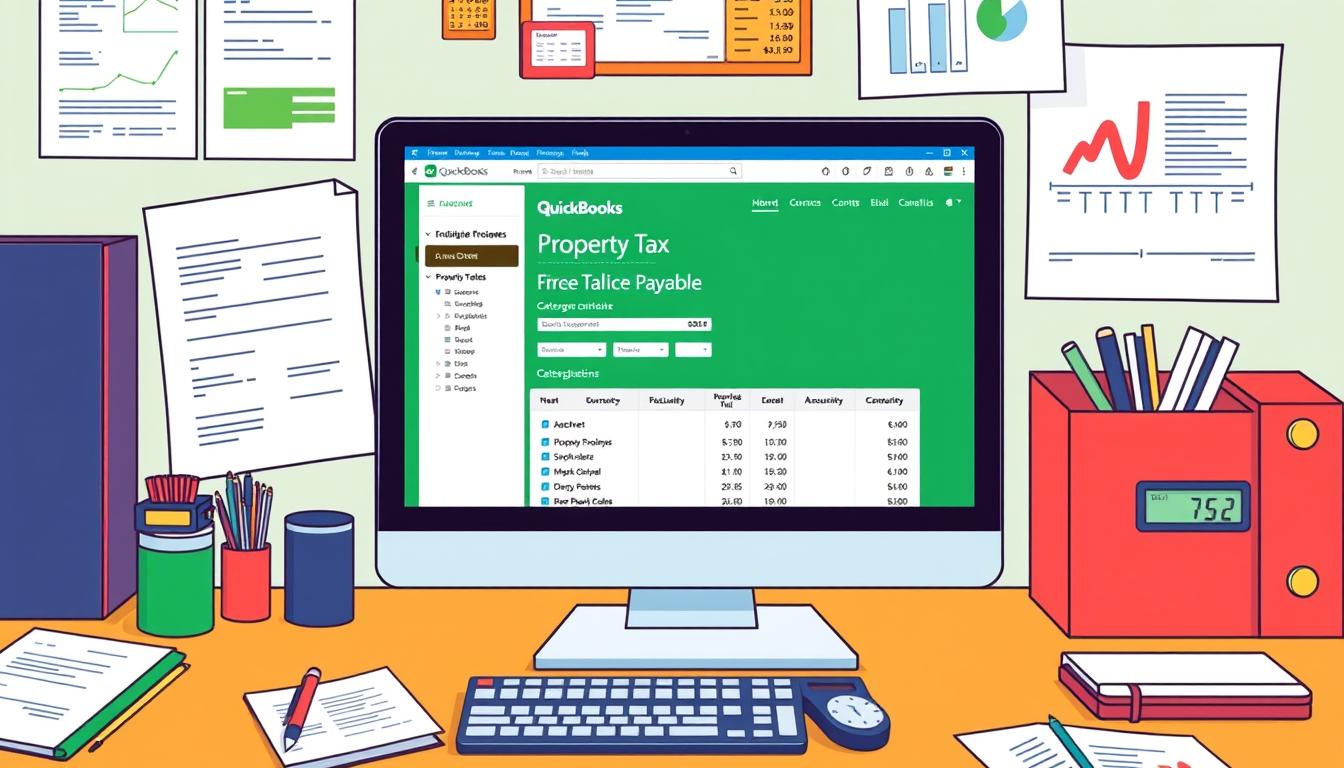
What makes more money turbotax or quickbooks expert
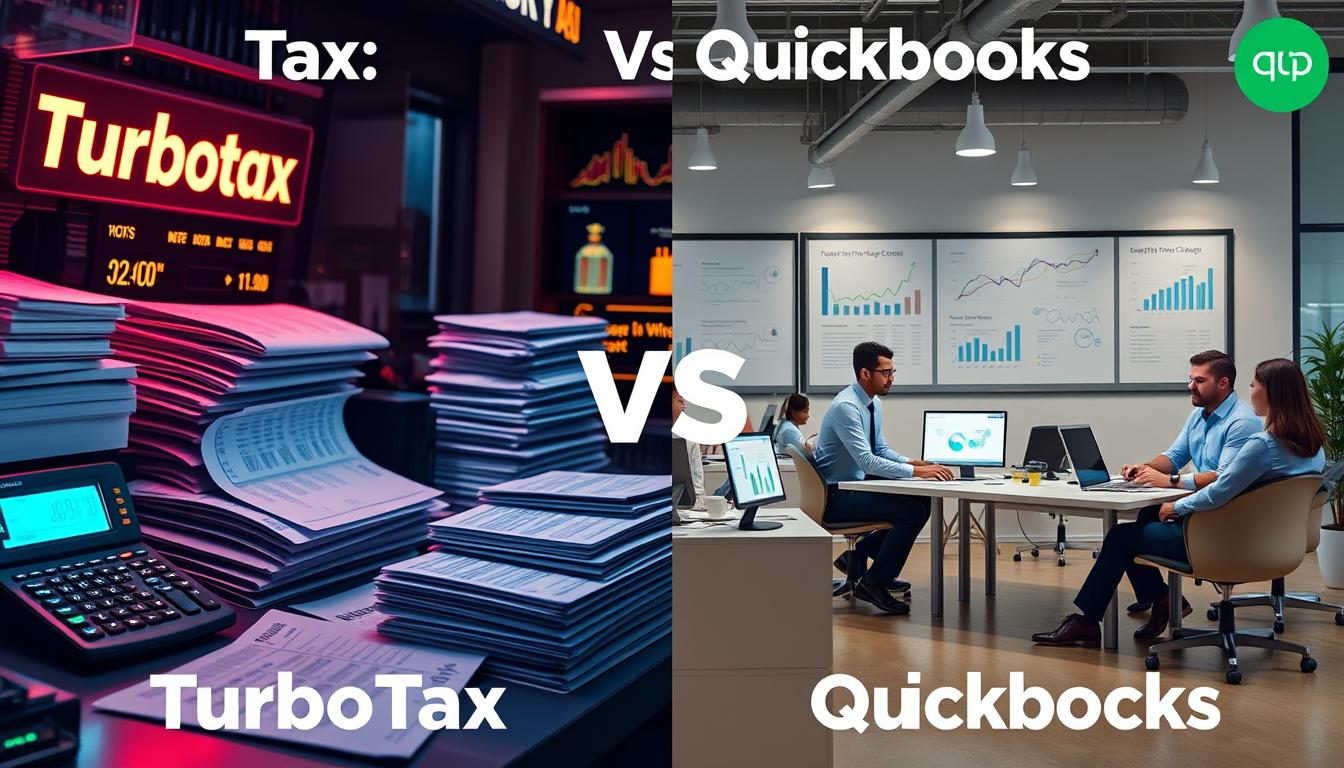
Table of Contents
In today’s finance world, people often face a tough choice between TurboTax and QuickBooks. Both paths have their own benefits for finance pros. But knowing how much you can earn is key.
This article will look at the income differences between TurboTax and QuickBooks experts. We’ll connect these earnings to the demand in the market and the skills needed to succeed. As the job market changes, it’s important to see how things like certifications and workload affect your pay.
Let’s dive into the factors that shape income in tax and accounting services. This will help us understand the differences better.
Key Takeaways
- The earning potential varies significantly between TurboTax users and QuickBooks professionals.
- Certifications play a crucial role in determining salaries in both fields.
- Understanding client demographics can enhance service offerings and income.
- Market demand is shifting, impacting the number of opportunities available.
- The choice between freelancing and employment affects overall earnings.
Understanding the Roles of TurboTax and QuickBooks Experts
The financial world needs many specialized roles to function well. TurboTax experts and QuickBooks experts are key, each focusing on different financial tasks. TurboTax experts help clients with their taxes, making sure they follow the rules and get the most deductions.
QuickBooks experts, on the other hand, manage financial records and bookkeeping. They help businesses keep their finances in order, track expenses, and make sure all financial data is easy to find. Their work is vital for a business’s financial health.
These roles are important for those looking to work in finance. Knowing what each role does helps ensure clients get the right service for their financial needs.
| Role | Focus Area | Key Responsibilities |
|---|---|---|
| TurboTax Preparer | Tax Preparation |
|
| QuickBooks Expert | Bookkeeping and Financial Management |
|
Income Potential of TurboTax Users
The way TurboTax preparers get paid is influenced by many factors. Knowing the average earnings and what affects them can help those thinking about this career. It’s important to understand these things before making a decision.
Average Earnings for TurboTax Preparers
The Bureau of Labor Statistics says the TurboTax preparer average salary is about $29.99 an hour. This means full-time workers can make around $60,000 a year. Freelancers, however, can earn differently based on how many clients they have and the demand for their services.
During busy tax seasons, earnings can go up. This is especially true for those who work on a seasonal basis.
Factors Influencing TurboTax Income
Several things can change how much money a TurboTax preparer makes. These include:
- Experience Level: More experienced preparers can charge more.
- Certification: Having special certifications, like Enrolled Agent, can increase earnings.
- Location: Where you work can affect how much you make, due to demand.
- Client Base: Having a variety of clients can lead to more money.
- Seasonality: Income can change a lot, especially during tax season.
Knowing these TurboTax income factors can help those in the field plan their careers better.
| Factor | Impact on Earnings |
|---|---|
| Experience | High – More experience leads to higher fees. |
| Certification | High – Certifications enhance earning potential. |
| Location | Variable – Regional demand affects income. |
| Client Volume | High – More clients increase overall income. |
| Seasonal Demand | Variable – Income spikes during tax season. |
Income Potential of QuickBooks Experts
QuickBooks experts can earn a lot, with salaries ranging from $50,000 to $85,000 a year. This income varies based on experience, specialization, and where you live. It’s a rewarding career financially.
Average Salaries for QuickBooks Professionals
Industry reports show salaries for QuickBooks experts fall into different levels. Here’s a look at what you can expect based on your experience:
| Experience Level | Average Annual Salary |
|---|---|
| Entry-Level | $50,000 – $60,000 |
| Mid-Level | $60,000 – $75,000 |
| Senior-Level | $75,000 – $85,000 |
These numbers show how salaries can grow, especially for those skilled in QuickBooks. Your earnings can also be influenced by the industry and where you work.
Key Skills That Increase Earnings
Having the right skills can really boost your income as a QuickBooks expert. Here are some key skills to focus on:
- Advanced bookkeeping techniques
- Expertise in financial reporting
- Proficiency with related software, such as Excel
- Knowledge of tax laws and regulations
- Certification in QuickBooks software
Getting certified and staying updated with your skills can help you earn more. Combining essential accounting skills with QuickBooks knowledge can significantly increase your income.
Industry Demand for TurboTax vs. QuickBooks Experts
The job market for TurboTax users is growing fast. This is because tax laws are getting more complex. More people need help with their taxes, making TurboTax skills very valuable.
The IRS is working to make tax filing easier. This effort boosts the need for TurboTax experts. It makes this career path very appealing.
QuickBooks experts are also in high demand. Businesses are moving to digital financial management. They need QuickBooks pros to keep their finances accurate and help with planning.
This need for accounting pros shows how technology is changing finance. It’s a big trend.
Cybersecurity is playing a big role in job growth. With more data breaches, people want experts to protect their information. Those who know about cybersecurity will find more job opportunities.
Recent data from job boards shows both roles are growing. Here’s what the numbers say:
| Job Role | Projected Growth (Next 5 Years) | Average Job Listings per Month |
|---|---|---|
| TurboTax Preparer | 12% | 1,500 |
| QuickBooks Professional | 15% | 2,000 |
This table shows the increasing demand for accounting jobs. It also shows how competitive the job market is. With more people working from home, both roles are expected to keep growing. They are great choices for a career in finance.
Client Base and Your Earning Potential
The size and quality of a client base greatly affect a professional’s income. This is especially true for those working with TurboTax and QuickBooks. Knowing the differences in client types can help professionals make better career choices.
TurboTax attracts many individual clients, mainly for personal tax help. These clients often look for fast, affordable services. This can lead to a lot of work but with lower earnings. QuickBooks, on the other hand, works with small to medium-sized businesses. These clients need ongoing support, leading to more stable and higher earnings.
Client base impact on income is clear when looking at long-term relationships. TurboTax work can have ups and downs with the seasons. QuickBooks, however, offers more stable income through contracts and ongoing projects.
Referrals and networking are key to growing income. TurboTax pros might see income swings, but a good reputation can bring more clients. QuickBooks experts can build strong networks, opening doors to new opportunities and partnerships.
| Aspect | TurboTax Clientele | QuickBooks Clientele |
|---|---|---|
| Type of Clients | Individual Taxpayers | Small to Medium Businesses |
| Work Volume | High Volume, Short-Term | Lower Volume, Long-Term |
| Income Consistency | Seasonal Fluctuations | Steady Retainers |
| Referral Potential | Moderate | High |
Understanding the differences between TurboTax and QuickBooks clients is crucial. It helps professionals plan to increase their earnings.
Working Environments: Freelance vs. Employment
Choosing between freelancing and traditional employment in the fields of TurboTax preparation and QuickBooks expertise significantly impacts work environments. Each option presents unique benefits and challenges, which can influence personal and professional growth.
The Pros and Cons of Freelancing
Freelancing appeals to many due to its flexibility and independence. Freelancers can set their schedules, choose clients, and enjoy a varied workload. The chance to work from home or other locations is also attractive. However, the TurboTax freelance pros and cons must be carefully weighed. Freelancers might face:
- Inconsistent income: Unlike salaried positions, freelance income can fluctuate.
- Lack of benefits: Freelancers often do not receive health insurance, retirement plans, or paid leave.
- Self-management responsibilities: Managing taxes, client relations, and marketing falls exclusively on the freelancer.
Traditional employment offers greater stability. Many employed TurboTax preparers and QuickBooks experts benefit from a consistent paycheck and comprehensive benefits. Salaried professionals work in structured environments, allowing for career advancement and job security. Companies often provide training opportunities, contributing to skill enhancement.
In grappling with freelancing vs. employment accounting, it’s essential for individuals to consider their priorities. For some, the freedom of freelancing suits their lifestyle, while for others, the stability of employment is more appealing.
Education and Certification for TurboTax and QuickBooks
To become a TurboTax or QuickBooks pro, you need to know the basics. A strong finance background is key. You’ll likely need a degree in accounting, finance, or business.
Getting a TurboTax certification is a big plus. It shows you’re good at taxes and serious about your work. This can lead to more clients and better pay.
For QuickBooks, QuickBooks training is a must. It teaches you how to use the software well. Getting certified proves you’re skilled and trustworthy.
It’s important to keep learning to keep your certifications. Take online courses and attend seminars. This keeps your skills up to date for both TurboTax and QuickBooks.
| Pathway | Certification | Typical Duration | Cost |
|---|---|---|---|
| TurboTax Certification | Available through Intuit | Varies (self-paced) | $150 – $300 |
| QuickBooks Training | Various providers (Intuit, Online courses) | 4 – 12 weeks | $200 – $1,000 |
| Finance Degree | Bachelor’s or Associate’s | 2 – 4 years | $20,000 – $100,000+ |
Impact of Experience on Earnings
Experience is key in the accounting world, especially for those using TurboTax and QuickBooks. Entry-level jobs often pay less, not showing the full potential. As you gain experience, the difference in pay between new and seasoned QuickBooks users grows. This shows how important experience is.
Entry-Level vs. Experienced Positions
Newcomers usually earn less. Entry-level jobs don’t need a lot of software experience. But, as you get better with TurboTax, you learn more about taxes and bookkeeping. This can raise your pay.
Experts say that those with more years of experience can earn much more. They often make more than those just starting out.
How Specialization Affects Income
Choosing a special area can really boost your income. TurboTax users who focus on specific areas can see their earnings go up. For example, those who work on international taxes or bookkeeping for certain industries are in high demand.
This focus not only means more job chances but also higher pay. It’s a way to stand out and earn more with QuickBooks.
| Experience Level | Average Salary | Potential Specialization Income |
|---|---|---|
| Entry-Level | $45,000 | Varies |
| Mid-Level (3-5 years) | $65,000 | $75,000 |
| Experienced (5+ years) | $85,000 | $100,000+ |
What Makes a Successful QuickBooks Expert?
A successful QuickBooks expert has key traits that make them great at their job. Attention to detail is crucial. They must handle complex financial data with precision, ensuring it’s accurate.
Being analytical is also important. QuickBooks experts deal with detailed data that needs careful study. They use their knowledge of numbers to spot trends and solve problems, helping clients.
Good customer service is vital too. Building strong client relationships is key. It helps in understanding and meeting their needs. Being able to explain complex financial ideas simply makes clients happy.
Being tech-savvy is also essential. QuickBooks experts need to adapt to new tools and platforms. Staying updated with the latest technology helps them provide better services.
In summary, a successful QuickBooks expert combines attention to detail, analytical skills, customer service, and tech adaptability. These traits help them excel in financial management services.
Trends in Tax Preparation and Accounting Services
Recently, the accounting world has seen big changes. These changes have shaped how tax services are done. It’s crucial for professionals to keep up with these trends to stay ahead.
Technology has changed how services are given. Artificial intelligence and automation have made things more efficient. They also cut down on mistakes.
Now, more people want to do their taxes online. This has made digital tax solutions like TurboTax very popular. QuickBooks has also improved, making it easier for businesses to use.
Changes in laws also affect tax experts. They need to keep learning to meet new rules. This means staying updated with TurboTax and QuickBooks is key for good advice.
The future of tax and accounting will focus on new ideas. For those using TurboTax and QuickBooks, knowing the latest trends is vital. It helps them grow and serve their clients better.
Other Factors to Consider When Choosing a Career Path
Choosing between a career as a TurboTax user or a QuickBooks expert involves more than just salary. Career path considerations accounting include many other important factors.
Work-life balance is key. Some finance jobs demand long hours, especially during tax season. It’s important to pick a career that fits your personal life and values.
What you enjoy doing also matters. If you love finance or tax law, TurboTax might be for you. But if you prefer bookkeeping and analysis, QuickBooks could be better. Knowing your interests helps make the right choice.
Think about your long-term goals too. How does each career path fit with your dreams? Growth opportunities and future earnings differ between TurboTax and QuickBooks. Staying updated on industry trends helps make a smart choice.
In the end, considering these factors helps find the right career for you. It’s all about matching your goals and needs with the right path.
Conclusion
In wrapping up the discussion on TurboTax vs. QuickBooks, it’s essential to highlight the significant factors that contribute to earning potential in both fields. TurboTax preparers benefit from seasonal demand during tax season. QuickBooks experts often enjoy steady income from continuous bookkeeping needs year-round. Each career path offers unique advantages and varying salary structures based on individual skills, experience, and certifications.
This overview serves as an earning potential wrap-up, illustrating how variables like industry demand, education, and client base directly influence financial outcomes in these professions. As aspiring finance and accounting professionals navigate their career choices, understanding these dynamics will be pivotal in making informed decisions tailored to their strengths and market opportunities.
Ultimately, a well-thought-out career choice summary reveals that both TurboTax and QuickBooks present lucrative opportunities. By carefully weighing the benefits and drawbacks of each, professionals can roadmap their journeys toward financial success and personal fulfillment in the accounting industry.
FAQ
What is the average salary for TurboTax preparers?
TurboTax preparers earn about $29.99 an hour. This can mean around $60,000 a year for full-time work. Freelance and seasonal jobs pay differently, based on experience and demand.
How do QuickBooks experts increase their income?
QuickBooks experts can make more money by improving their skills. They should focus on advanced bookkeeping and financial reporting. Knowing Microsoft Excel well also helps. Getting more education and certifications can boost their earnings too.
What factors influence the income of TurboTax users?
Several things affect TurboTax users’ income. The time of year, local demand, the preparer’s experience, and client volume matter. Getting extra certifications, like Enrolled Agent, can also increase earnings.
Is there a difference in client base for TurboTax and QuickBooks experts?
Yes, there’s a big difference. TurboTax users help individuals with yearly taxes. QuickBooks experts work with businesses, handling ongoing financial tasks. This affects their income differently.
What are the benefits of freelancing for tax preparers?
Freelancing gives tax preparers flexibility and the chance to set their own rates. This can lead to higher earnings during tax season. But, it can also mean unpredictable income and no employee benefits.
What educational requirements are needed for TurboTax and QuickBooks professionals?
Both need formal education in finance or accounting. Having certifications like CPA or QuickBooks certifications can improve their career and earnings.
How does experience level impact salaries for TurboTax and QuickBooks experts?
Experience greatly affects salaries. Newbies earn less, while seasoned pros make more. Their expertise and client base play a big role.
What qualities make a successful QuickBooks specialist?
Successful QuickBooks experts are detail-oriented, analytical, and great at customer service. They must keep learning and adapt to new tools and technologies.
What are the current trends in tax preparation and accounting services?
The industry is moving towards more technology and digital solutions. Changes in tax laws and the shift to online services are changing how finance pros work and serve clients.
What should I consider when choosing between TurboTax and QuickBooks careers?
Think about your interests in finance or tax law, work-life balance, and career goals. Consider the potential for growth in each field when making your choice.
- Tags: intuit quickbooks, intuit quickbooks login, intuit quickbooks online, quickbook, quickbooks, quickbooks accounting software, quickbooks customer service, quickbooks customer service number, quickbooks desktop, quickbooks desktop 2024, quickbooks log in, quickbooks login, quickbooks login online, quickbooks online, quickbooks online accountant, quickbooks online accounting, quickbooks online customer service, quickbooks online login, quickbooks online pricing, quickbooks payroll, quickbooks self employed, quickbooks software, quickbooks support phone number, quickbooks time, quickbooks time login, quickbooks workforce
Top Products
- QuickBooks Desktop Pro 2024 US Version
- QuickBooks Desktop Pro 2023 US Version
- QuickBooks Desktop Pro 2022 US Version
- QuickBooks Desktop Premier 2024 US Version
- QuickBooks Desktop Premier 2023 US Version
- QuickBooks Desktop Premier 2022 US Version
- QuickBooks Desktop Accountant 2024 US Version
- QuickBooks Desktop Accountant 2023 US Version
- QuickBooks Desktop Enterprise 2024 US Version
- QuickBooks Desktop Enterprise 2023 US Version
- QuickBooks for Mac 2024
- QuickBooks for Mac 2023
Popular Posts

How to categorize property tax payable in quickbooks online
Knowing how to categorize property tax payable in QuickBooks Online is key for keeping your financial records right. Property tax payable is the amount your business owes in property taxes. It can greatly affect your financial health. By learning to categorize property tax well, businesses can make sure their financial statements show their true obligations.
This knowledge is crucial as we dive into the steps and best practices for handling property tax payable in QuickBooks Online.
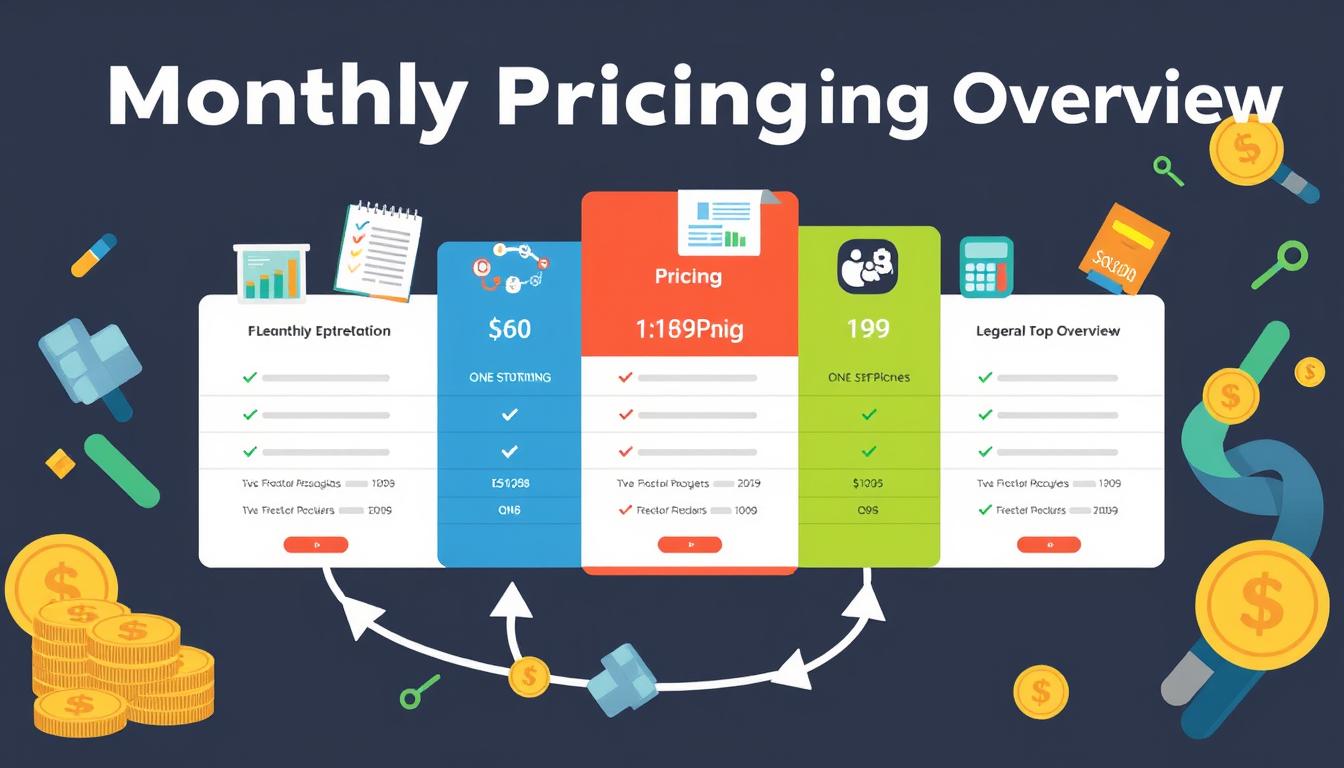
How much is quickbooks per month
Many users want to know the QuickBooks pricing for monthly costs. QuickBooks has various plans for different business needs. This lets users pick the right plan for their financial management.
What affects the QuickBooks monthly cost includes the QuickBooks edition, payment frequency, and extra features. This guide will explain the details of these plans. It will help you understand the costs of using QuickBooks for your business.

How does quickbooks work
QuickBooks is a key accounting software made by Intuit. It helps businesses manage their finances well. It works on a cloud-based platform, so users can access their financial data from anywhere.
This software makes tasks like bookkeeping, invoicing, and financial reporting easier. In this article, we’ll look at QuickBooks’ main features, its users, benefits, and challenges. We aim to help you understand how it can improve your financial management.

How do you record insurance payment in quickbooks
Recording insurance payments in QuickBooks is key for good insurance accounting. It helps business owners manage their money well and keep their books right. This is vital for the health of any business.
In this guide, we’ll show you how to record insurance payments easily. We’ll use QuickBooks guides and tips from accounting experts. This way, you can keep your financial records up to date.

How do you clock in hours in quickbooks desktop
In today’s fast-paced world, tracking time well is key for good payroll management. This article will show you how to clock in hours in QuickBooks Desktop. It’s a top accounting software that makes managing tasks easier. By learning how to track time, businesses can work better and pay employees right.
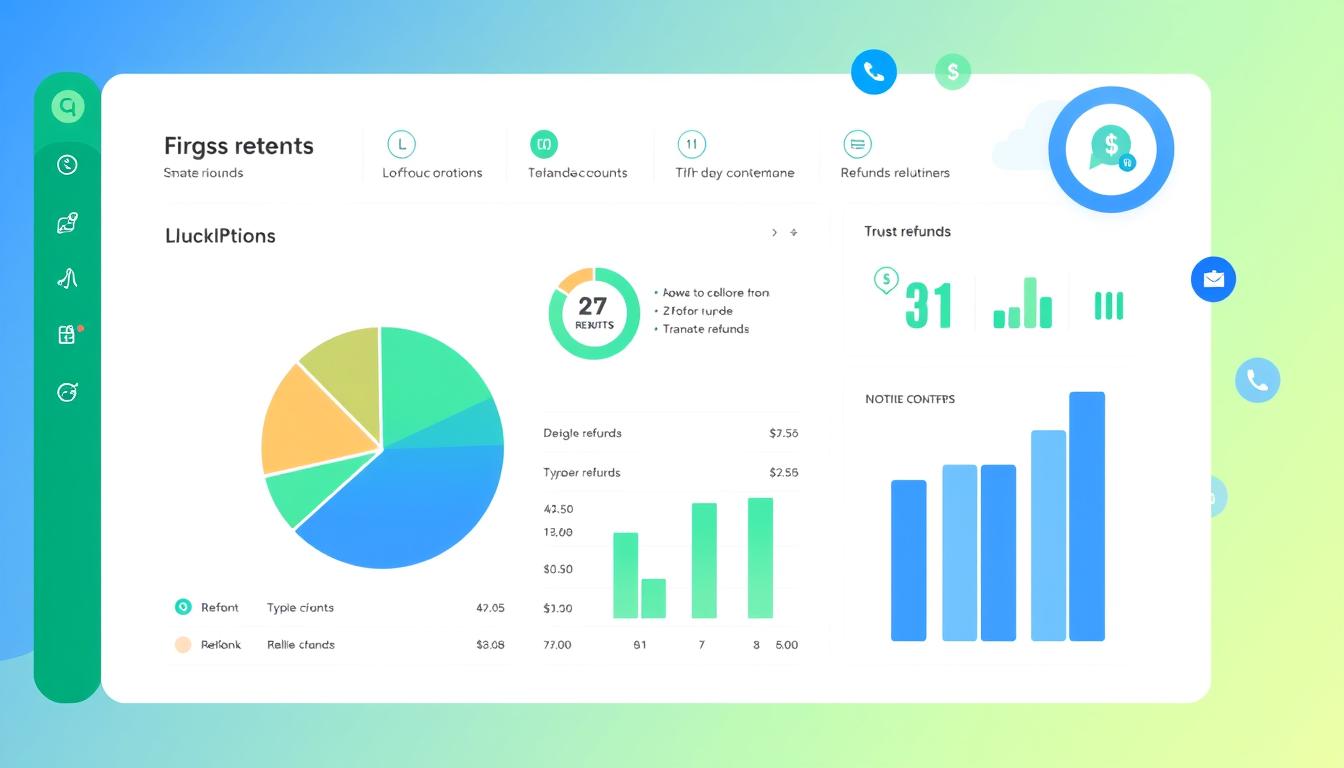
How are refunds categorized in quickbooks online
Knowing how to categorize refunds in QuickBooks Online is key for good financial management. It’s important to record refunds correctly to keep your finances clear. Businesses of all sizes can benefit from knowing how to do this right.
This knowledge helps make your financial records clear and accurate. It’s a basic step that can make a big difference.

Does quoteiq accept quickbooks online payments
Payment solutions are key in today’s business world. Many are looking into how platforms like QuoteIQ can improve their invoicing. A big question is: does QuoteIQ accept QuickBooks Online Payments? This article explores how QuoteIQ and QuickBooks Online Payments work together.
This shows how important it is to have good payment integration. It helps with cash flow and makes operations smoother. We’ll look at the benefits of using QuoteIQ with QuickBooks Online Payments. Plus, we’ll show you how to set it up.

Can you delete history under audit log quickbooks online
It’s important to know if you can delete entries from the audit log in QuickBooks Online. This is key for businesses that focus on financial accuracy and follow the rules. The audit log QuickBooks Online keeps a detailed history of changes to financial data. This ensures that all account activities are recorded clearly.
By tracking these changes, the audit log is crucial for good financial management. We will look into why the audit log matters and what happens if you try to delete its records. We’ll see how these actions impact your QuickBooks history.
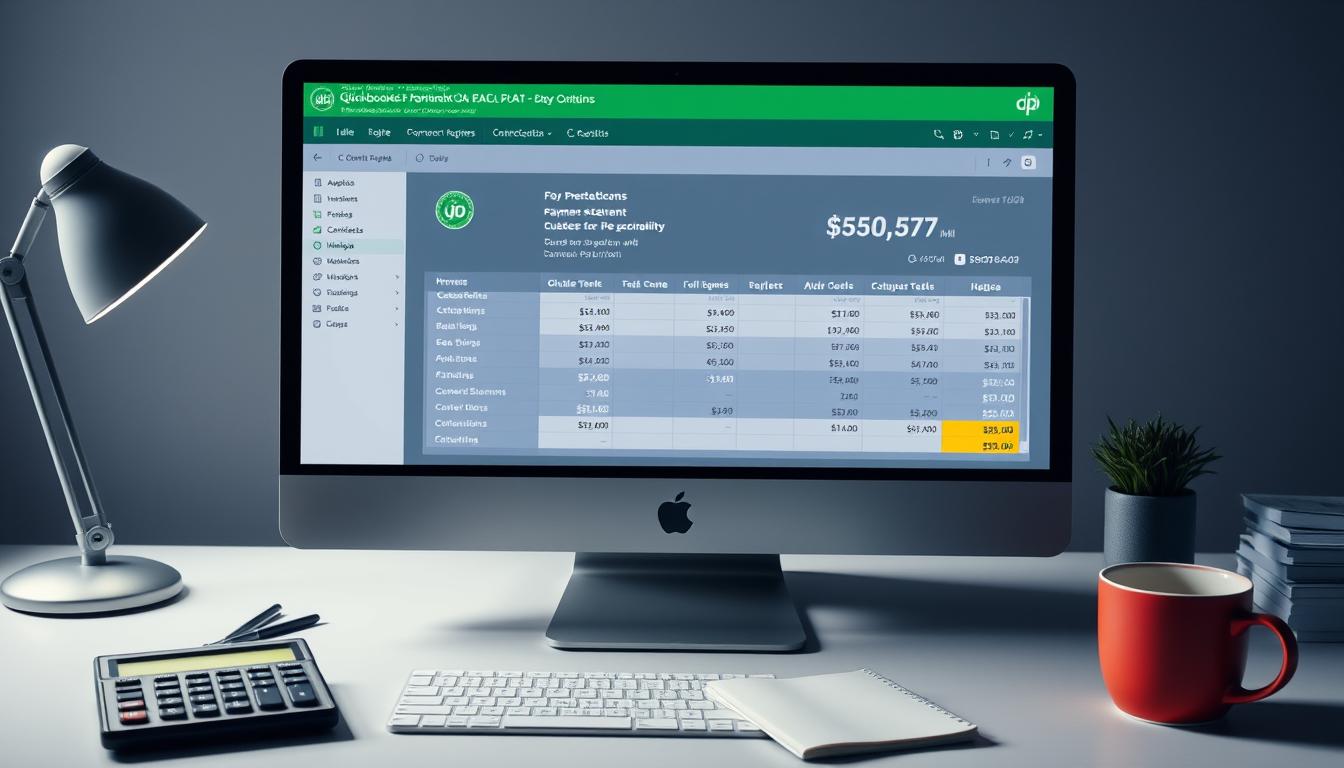
Can quickbooks recievepayment by statements rather that individual invoices
In today’s fast-paced world, businesses need quick and easy ways to handle payments. Many QuickBooks users wonder if they can pay by statements instead of invoices. This method makes accounting simpler for companies.
Using payment statements has big advantages over traditional invoices. QuickBooks helps businesses manage payments better. This article will show you how payment statements work in QuickBooks and how they can help your business.
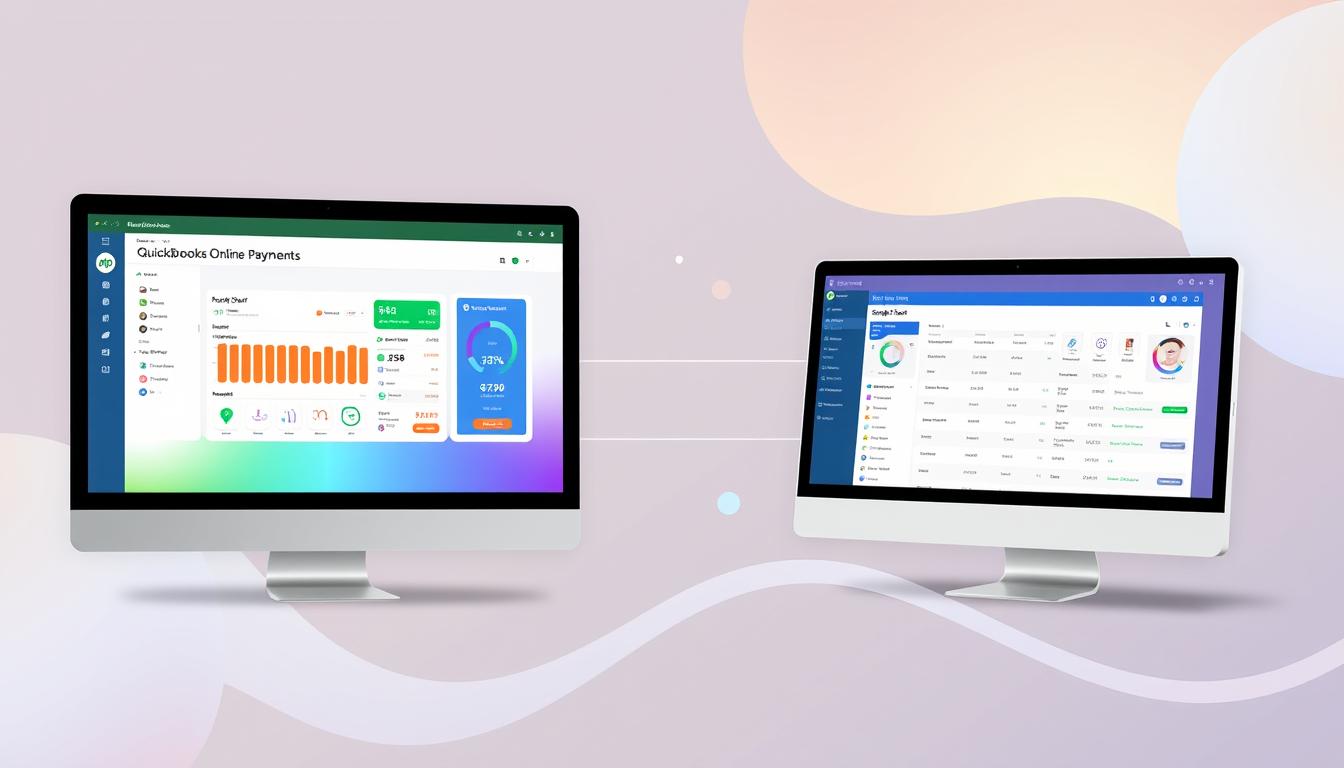
Can quickbooks online payments work with simple start
For small business owners, the question of whether QuickBooks Online Payments and QuickBooks Simple Start can work together is key. This integration is vital for managing finances effectively. It helps users handle transactions smoothly while using a basic accounting tool for solo businesses.
QuickBooks Online Payments lets users take payments online, making cash flow management easier. In this article, we explore how these two tools can boost efficiency for small businesses.